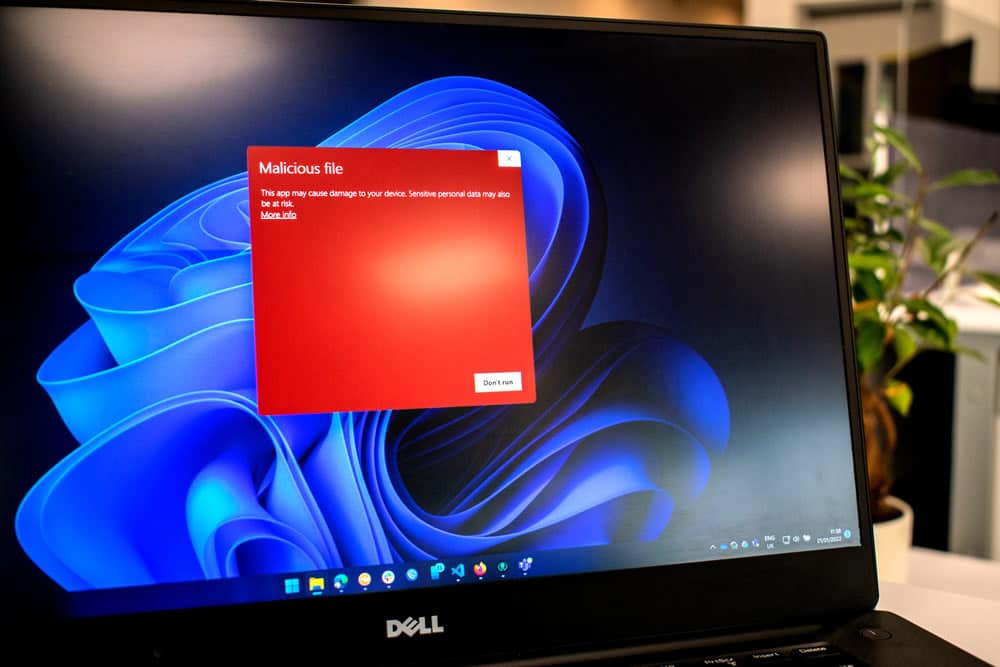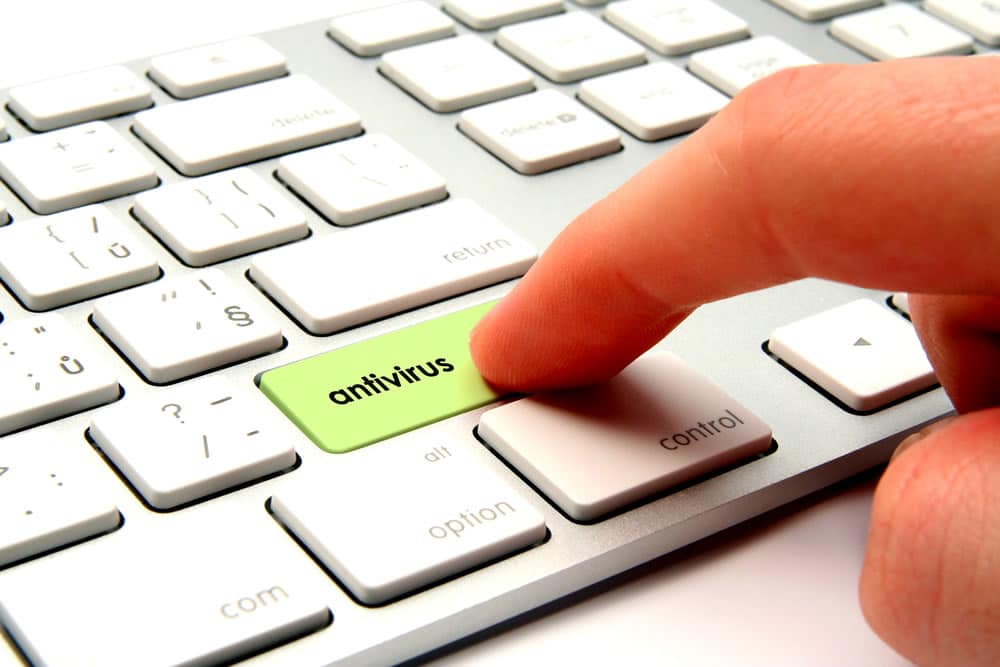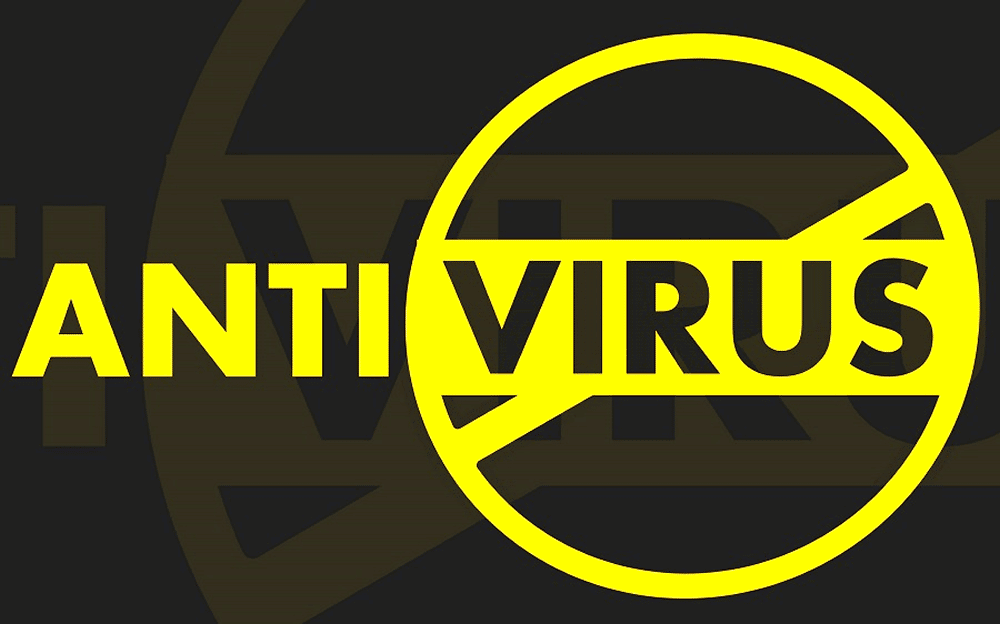A computer antivirus is one of the most essential tools for businesses. It helps to detect computer viruses that can affect a computer and even a network system in general.
Perhaps you think that an antivirus is something relatively new.
Antiviruses were created in the 80s. Their specific objective is to detect and eliminate computer viruses.
Currently, computer systems have been advancing and evolving. So antiviruses have been updated with new features. So it is worth asking the question again: what is a computer antivirus and what is its function?
What is a computer antivirus and how does it work?

An antivirus is a vital security program. Helps detect, prevent, and remove malicious software.
The objective remains the same for which it was created in the 80s. Obviously, its functionalities have varied according to the advancement of technology.
Today, an antivirus is software with multiple functions.Today, an antivirus is software with multiple functions. Avoid, search, detect and eradicate viruses on computers.
When you install a computer antivirus on a computer, in most cases it will run automatically. From that very moment, they provide protection against virus attacks in real time.
At Virtual CNS we specialize in the security of small and medium-sized companies. Discover all our services in the following link: Managed it services for small businesses.
What are computer antiviruses used for?

Currently, antiviruses have evolved a lot in their functions. His job goes beyond scanning and disinfecting a computer that has contracted a virus.
Generally, this software offers active monitoring services, preventing even full access to a document that could infect the system. In the same way, antiviruses block unsafe websites, delete risky files as soon as they enter the computer, and much more. This type of protection is commonly called active protection.
On the other hand, computer antiviruses are also able to deal with unwanted software such as spyware, rootkits and even prevent hacking attempts. Most advanced antivirus software also includes firewalls and a pre-existing virus database, which makes it easy to detect known viruses.
The most common computer threats.

The types of computer antivirus that currently exist have emerged as a result of various threats that have appeared over time. In reality, it is not known who programmed computer viruses or who created the first such virus.
Many claim that the antivirus companies themselves are the ones who have created the problem to later sell the solution. Of course, these theories are not proven, and since computer viruses already exist, their origin does not matter at this time.
However, both individuals and companies must know what the most common computer threats are and choose an appropriate antivirus to protect themselves from these threats. The most common computer viruses are the following…
– Malware.

This is a short abbreviation for the phrase “malware.” They are a wide range of programs. All created to damage or perform various unwanted actions on a computer, computer network or server. To avoid these years, an antivirus is necessary.
The most common viruses in the “malware” category are Trojan horses and spyware. What most of these malicious software do is delete files, lock up the computer and slow it down. Hackers who make use of this type of computer virus seek to obtain financial or personal information, send spam or steal identity. Hence the importance of having a good antivirus to protect yourself from these dangers.
– Phishing.

The so-called Phishing are one of the most dangerous attacks on the Internet. In these cases, it is a technique that uses email or fraudulent websites to trick you into providing confidential information.
They deceive by posing as trusted entities. They expect the user to be able to provide personal or financial information using a trusted entity. Most of the phishing techniques include emails supposedly notifying that there is a problem with your payment information or that they have noticed strange activity in your account.
For example, many of these emails pretend to be banks or recognized payment platforms where you already have an account. These alert messages always include a link attached. The goal is the proportion of personal or financial information. Also to download attachments to your computer to extract confidential information.
– Spyware.

Spyware is from the category of malware. Mostly it is automatically added and hidden in the operating system without user permission.
By hiding in the operating system, a spyware makes unwanted changes. Among the most common inconveniences is spying on your Internet activity, causing your browser to display certain web pages, search results or unwanted ads.
Antivirus programs and various computer protection software will help you detect, avoid, and correct these threats on your computer, server, or network system. Every day antiviruses gain more strength and are more advanced, so it is important to understand the importance of installing them and keeping them updated to guarantee protection.
Types of computer antivirus.

Since there are more and more computer viruses, antiviruses have diversified over the years. However, in general terms and according to their operation, the types of computer antivirus can be classified as follows…
– Antivirus identification.
Identification antiviruses aim to track active sequences associated with certain viruses. However, while they identify the virus very well, they are not as effective at dealing with and eradicating unwanted software. Their main advantage is that they are very light. Some even run from the network.
– Antivirus identification and disinfection.
They are antivirus that are installed in the operating system like any other software. They are programs that you can activate at any time to fully analyze the contents of the computer. This analysis exhaustively searches for viruses, and if found, proceeds to eliminate them. In case of not being able to eliminate them, they are placed in quarantine.
– Temporary protection antivirus.
They are the most widely used, as they offer constant system protection. These antiviruses do not need to perform a thorough scan, but instead check all files and incoming and outgoing connections. Of course, this type of antivirus can also remove existing viruses on any computer, network system or server.
You may also be interested in:
Web design for companies. What are its advantages?
Web hosting: How to choose the best provider?
